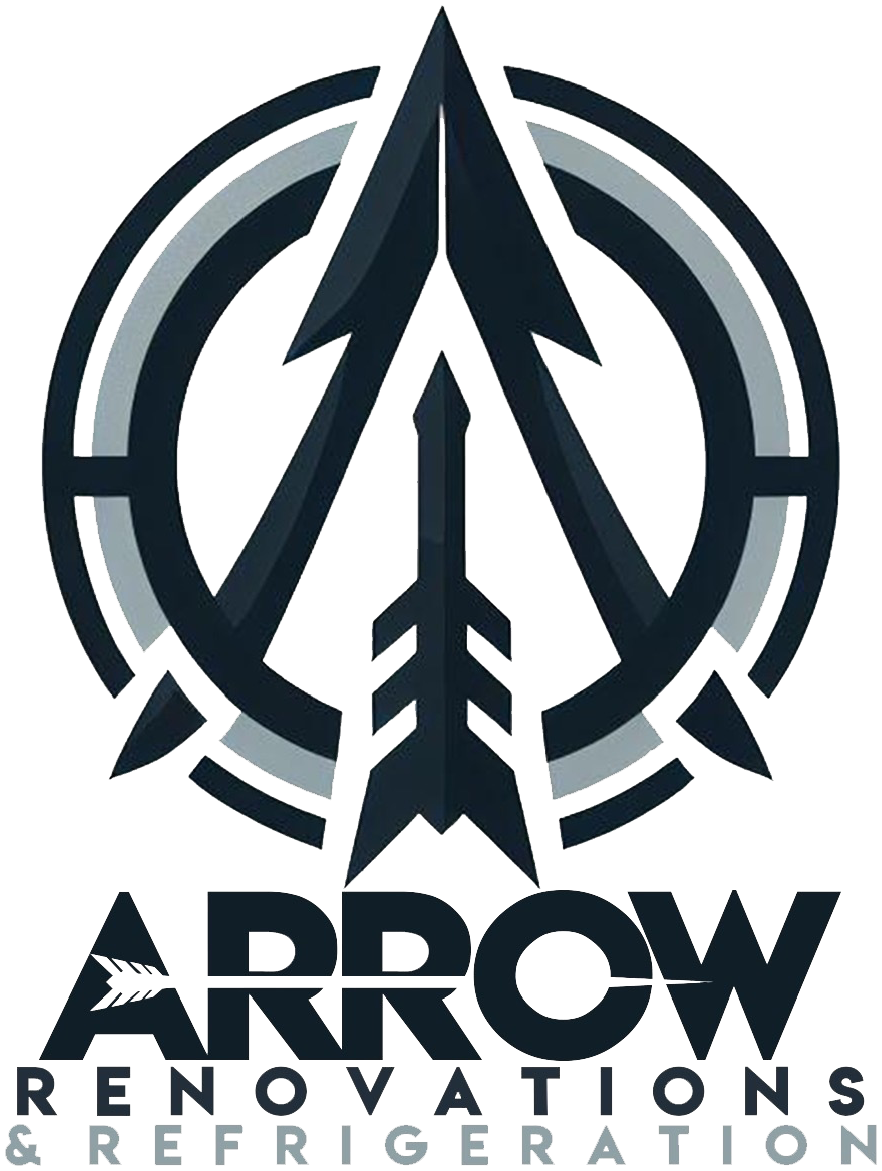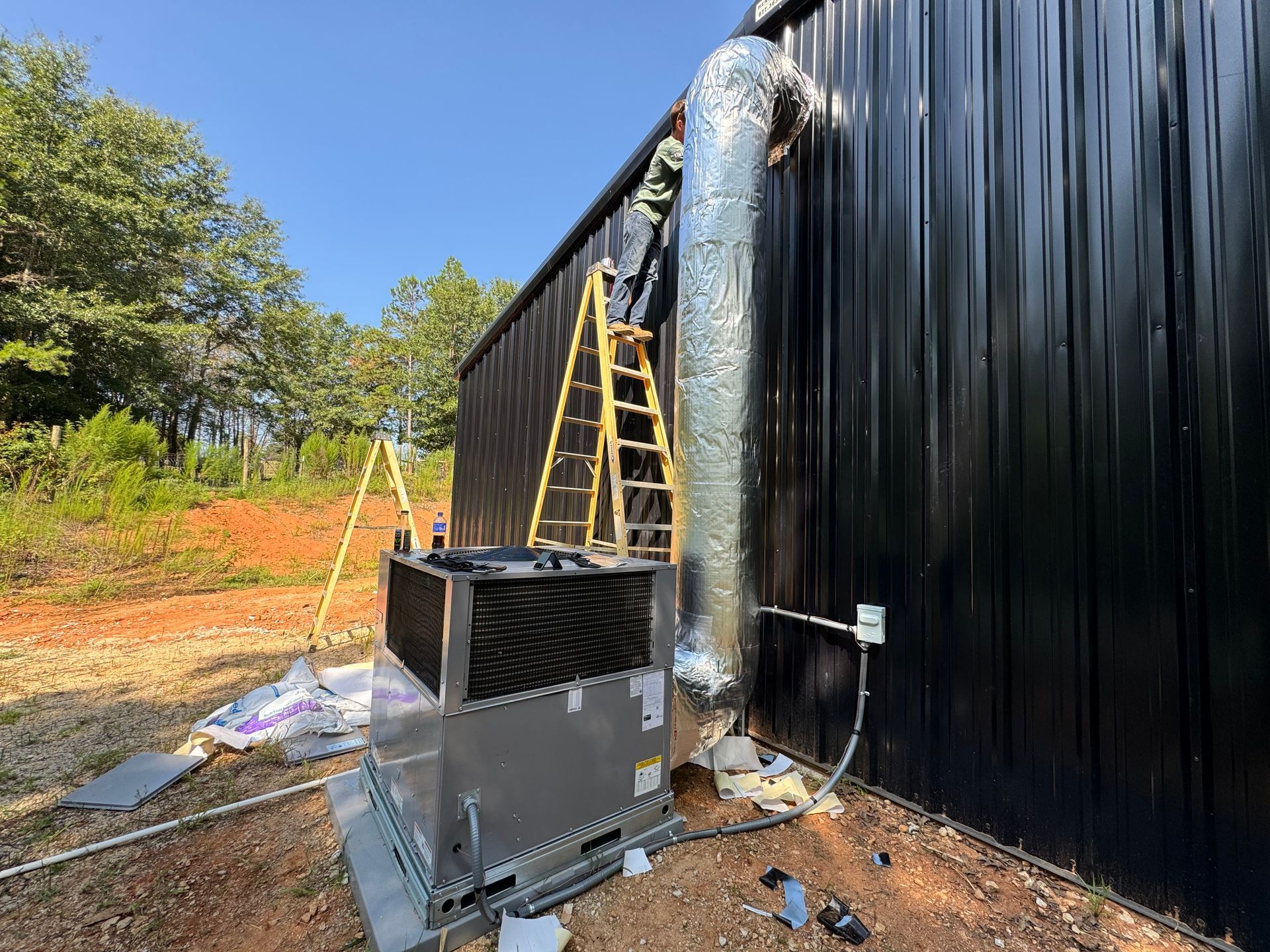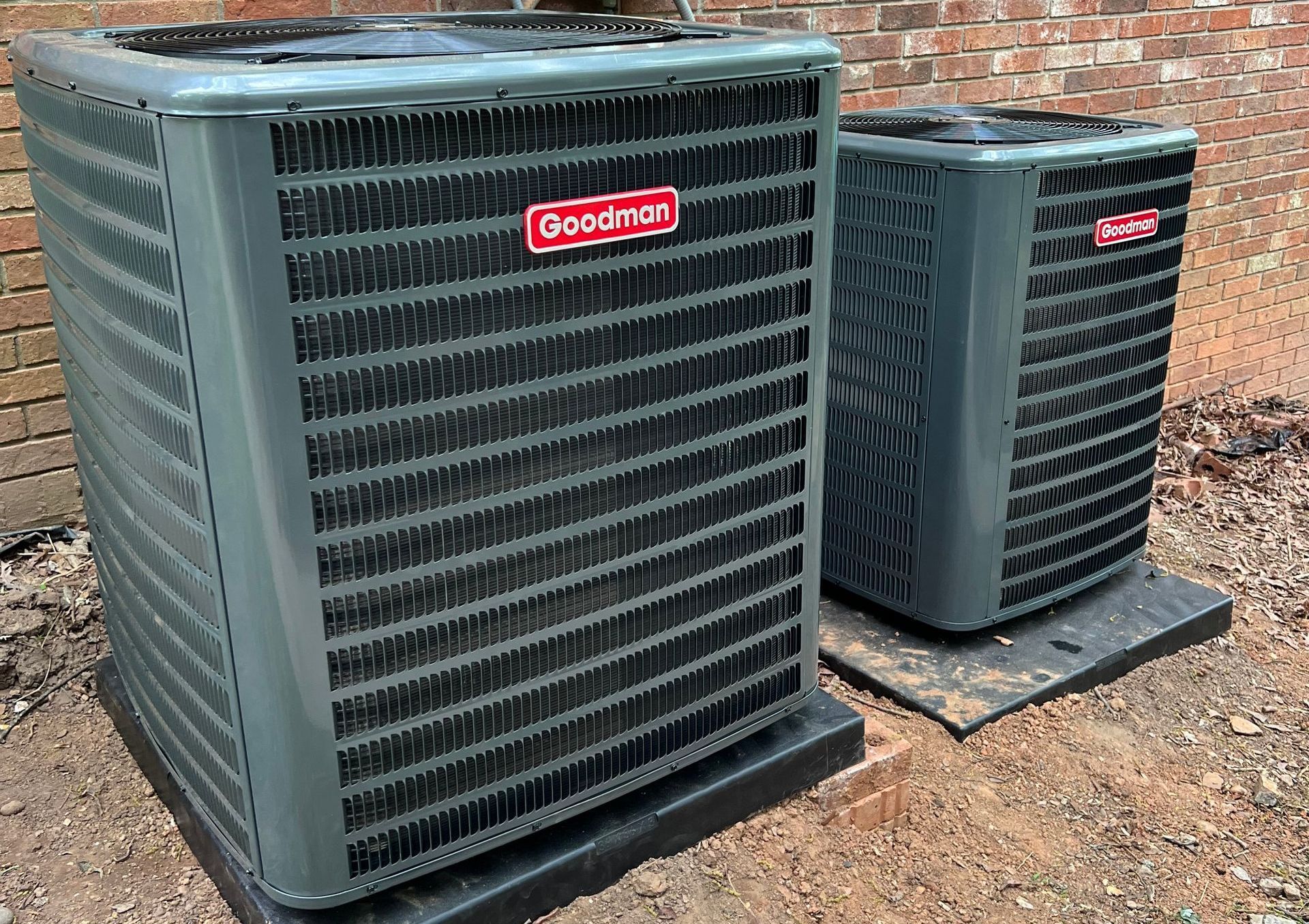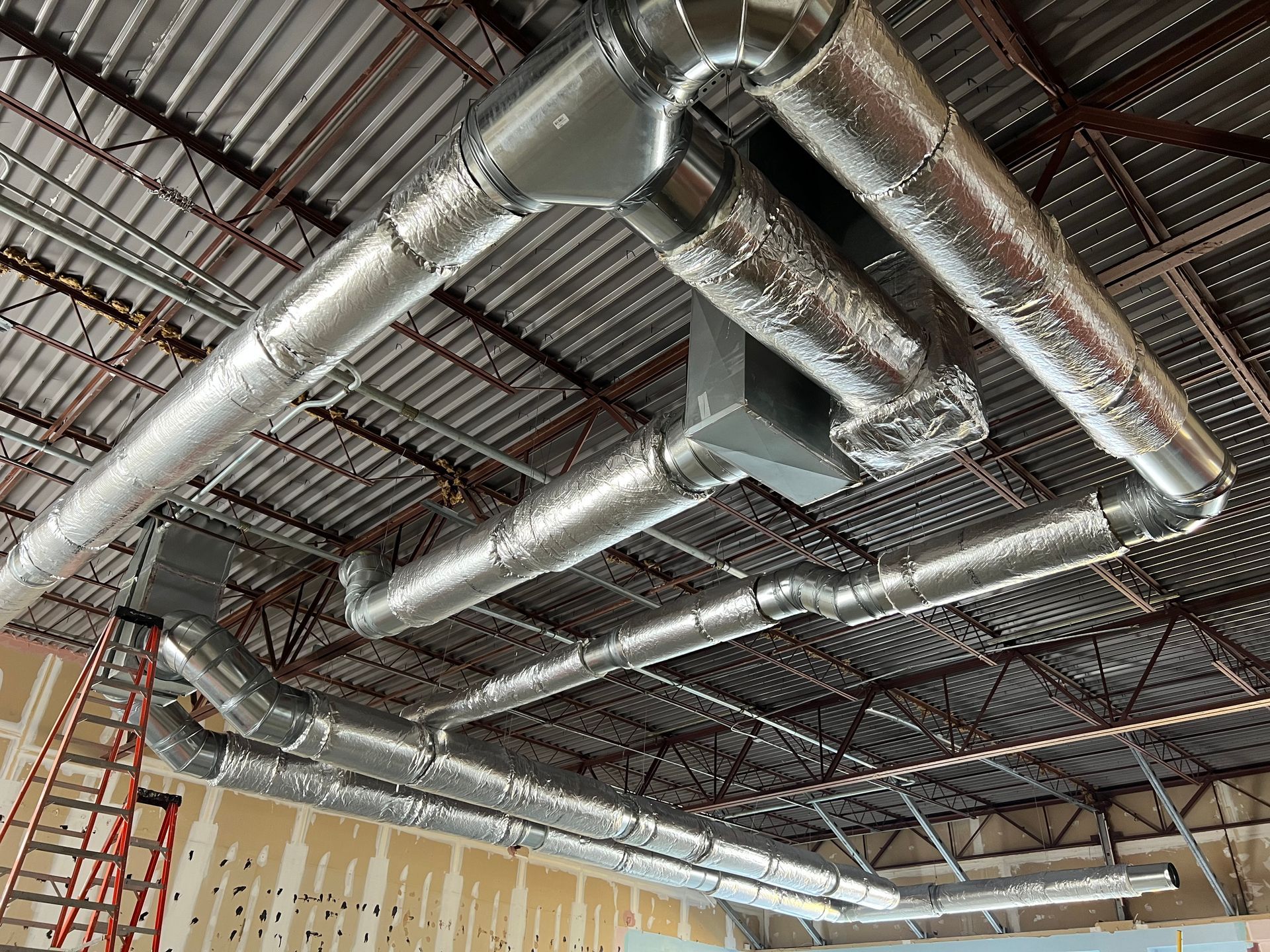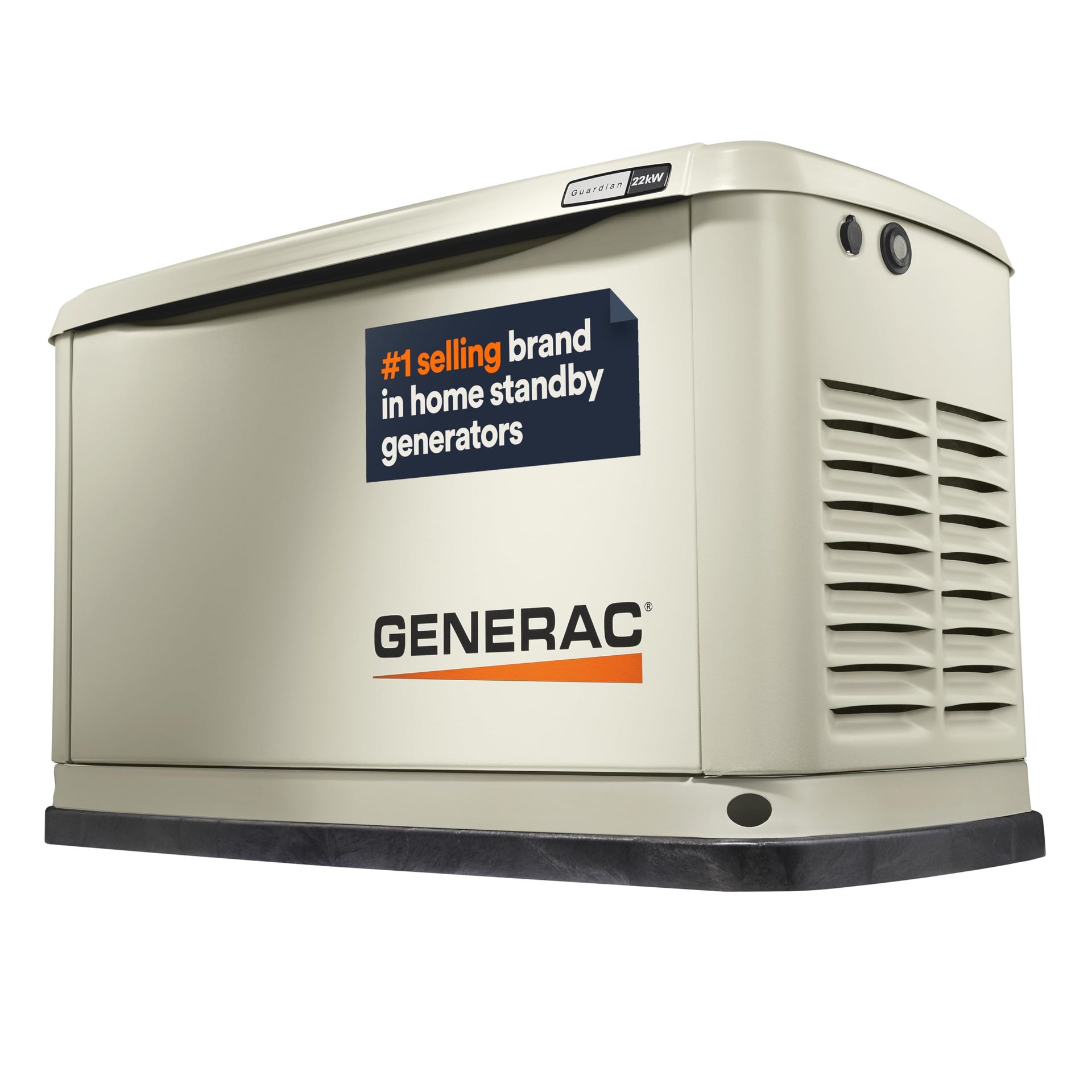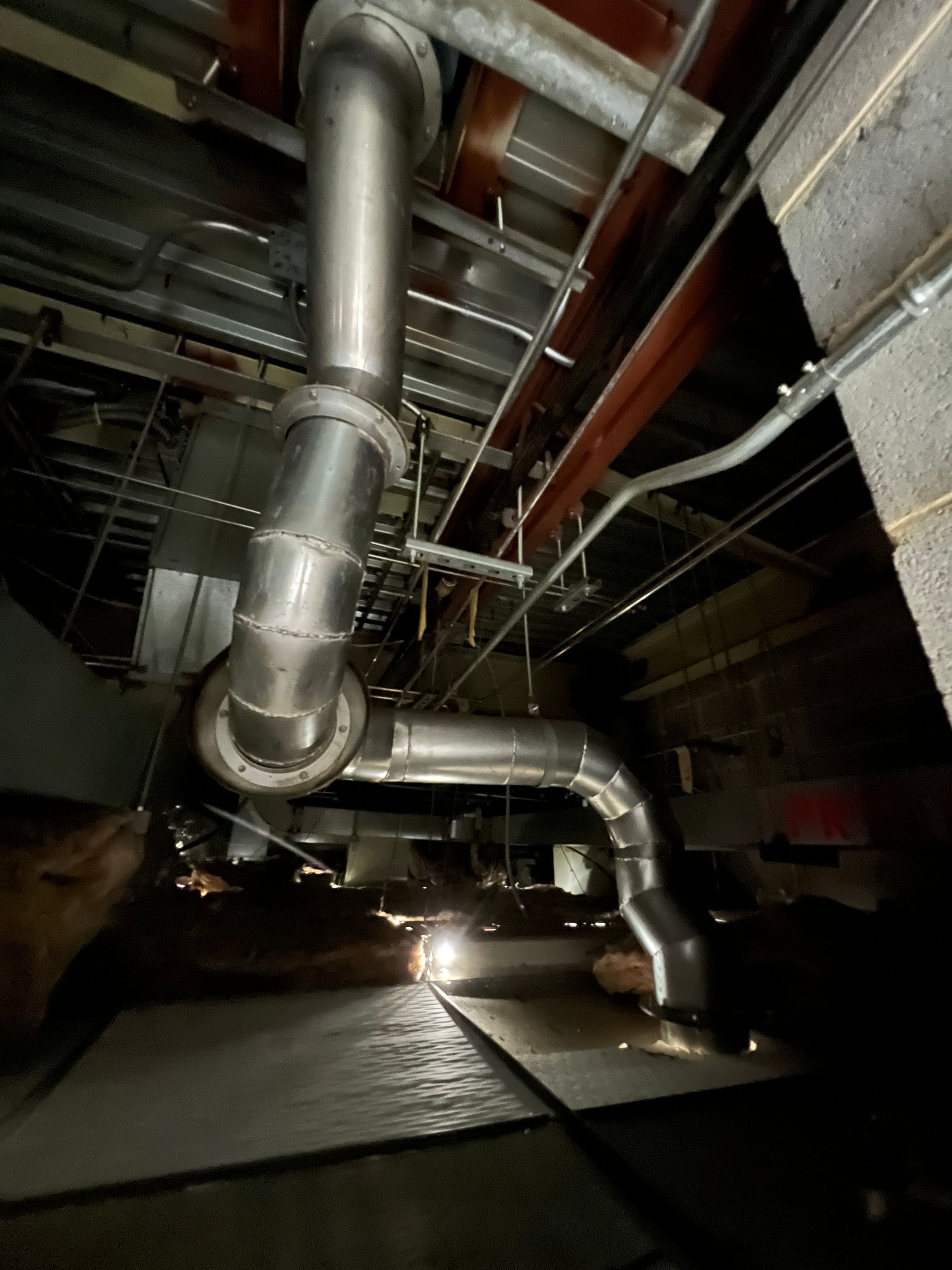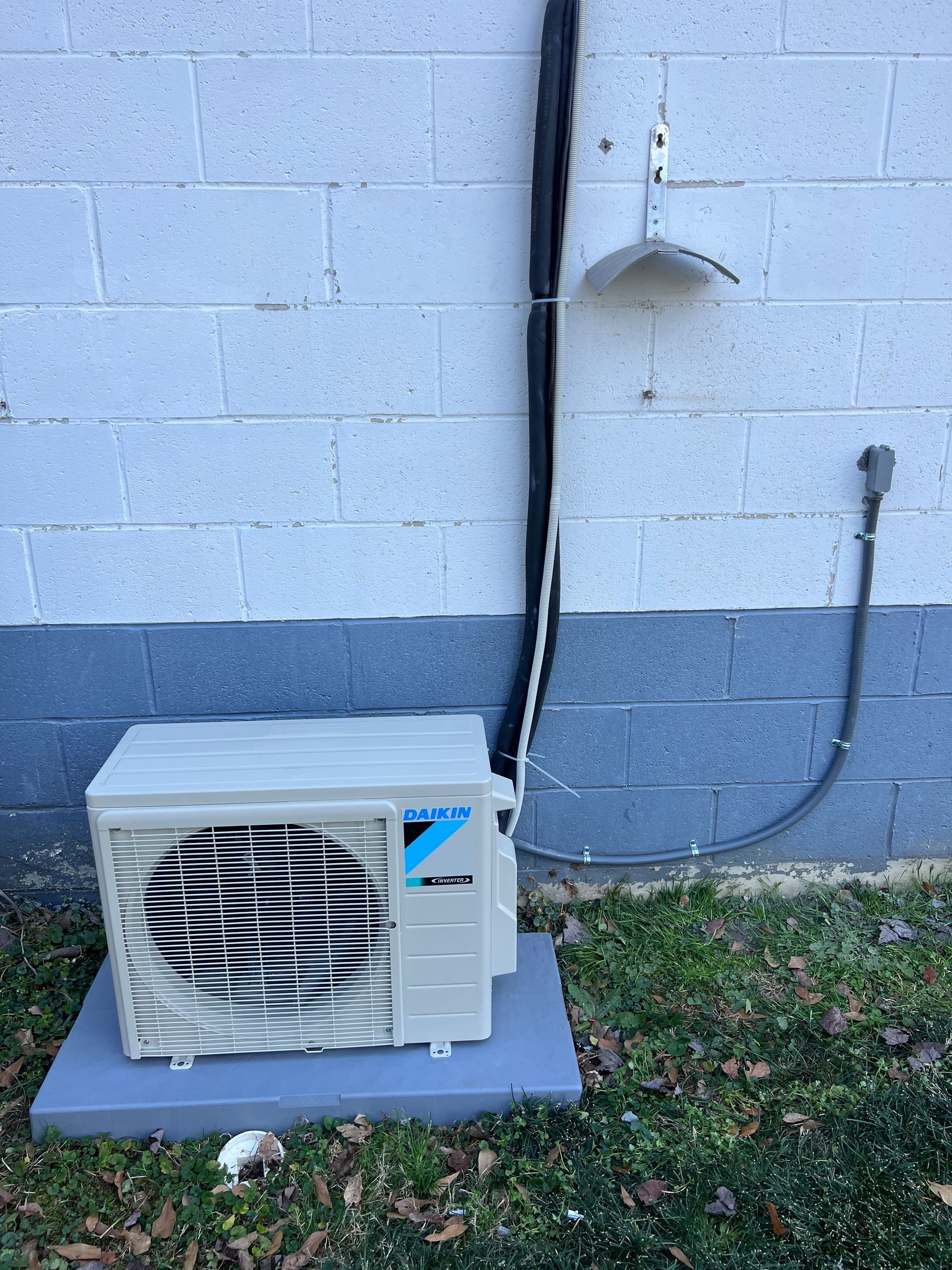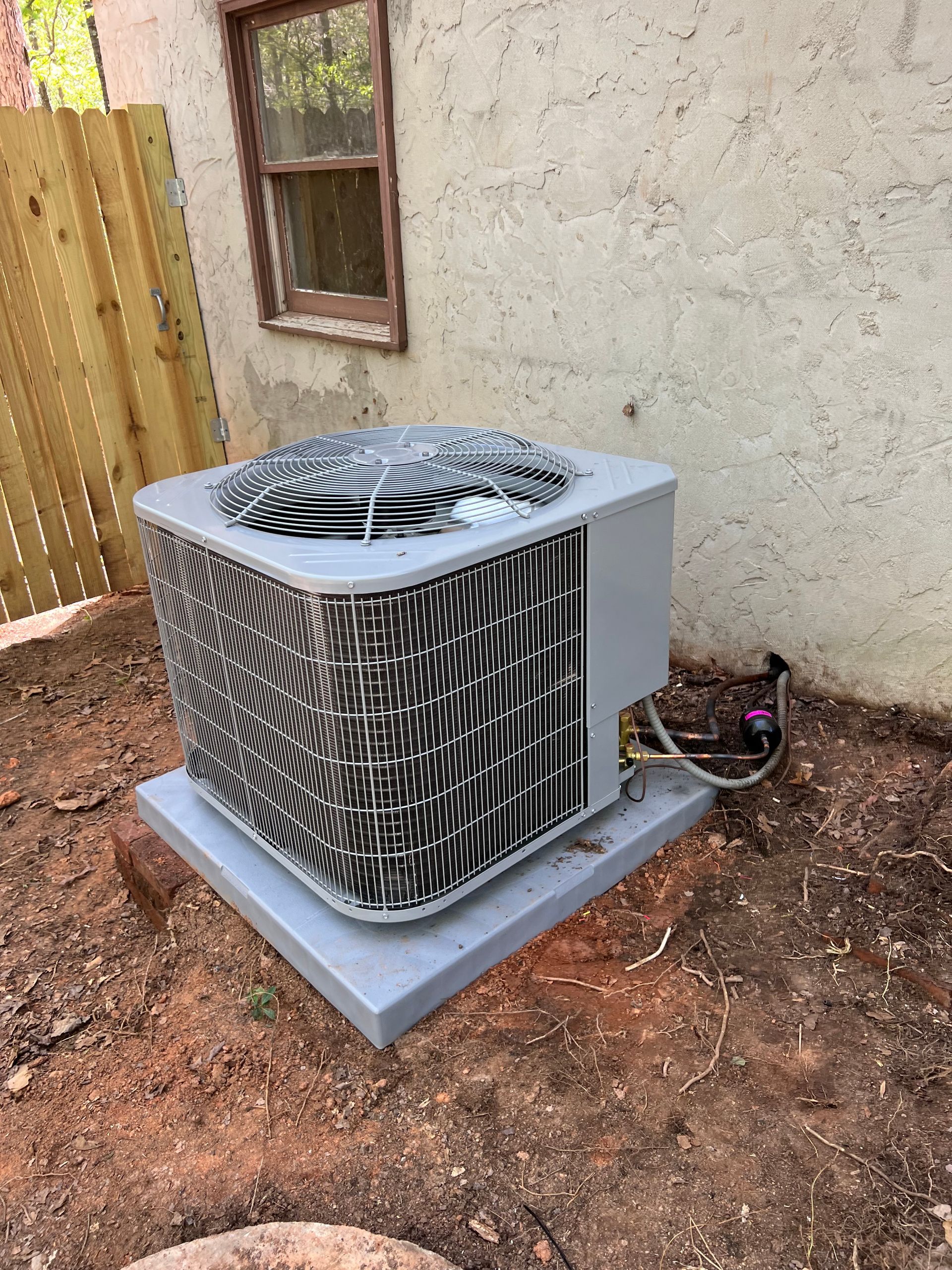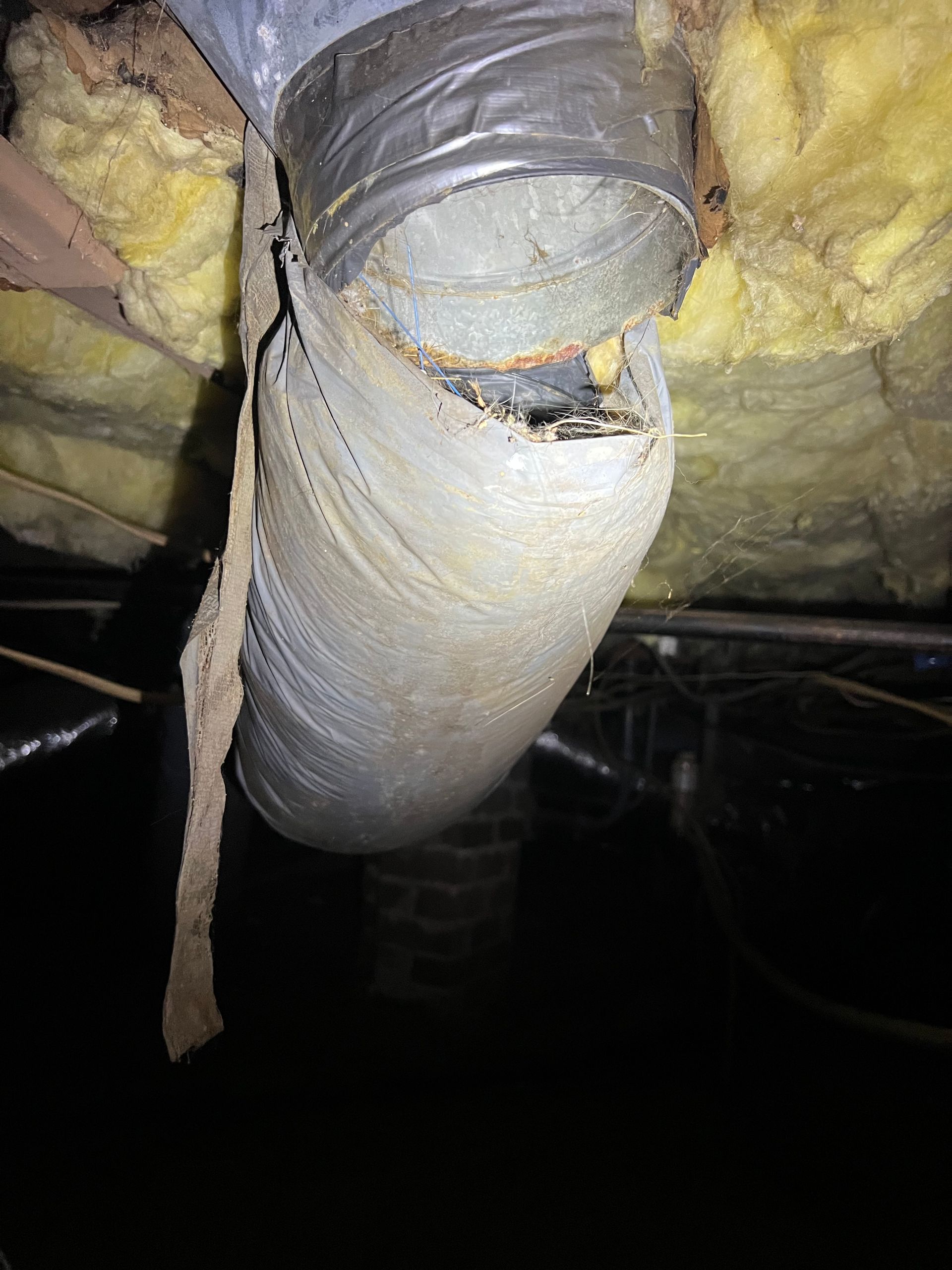How to Save Money on Your Energy Bills With an Energy-Efficient HVAC System
Nobody likes high energy bills, but we all want a comfortable home. The good news? An energy-efficient HVAC system can help you save money without sacrificing comfort. By upgrading to a newer system, sealing leaks, or using smart thermostats, there are easy and practical ways to lower your energy use.
In this post, we’ll dive into tips and tricks to help you maximize your HVAC system’s efficiency and keep more money in your pocket—all while keeping your home cozy year-round!
What Makes an HVAC System Energy Efficient
Energy efficiency is a top priority for most of us, especially when it comes to devices that can significantly impact our energy bills—like HVAC systems. These systems are often one of the biggest energy consumers in your home, so finding ways to make them more efficient can save you a lot of money.
The type of HVAC system you choose plays a huge role in its energy efficiency. Some systems are designed to be more efficient from the start, while others might need a little help. The good news? Even small tweaks to your current setup—like upgrading components or adjusting settings—can make a noticeable difference.
By understanding what makes an HVAC system energy efficient, you can take smarter steps toward reducing energy waste and keeping your home comfortable without overspending.
Upgrade Your Old Heating and Cooling System with a Retrofit
If your HVAC system is still working but getting old, a retrofit is a great way to improve its efficiency. You can replace parts like the compressor, add fan controls, and use outdoor air to help cool your space. These simple updates can help lower your energy bills and make your system run better without needing a full replacement.
Upgrade Your Old Heating and Cooling System with a Retrofit
If your HVAC system is still working but getting old, a retrofit is a great way to improve its efficiency. You can replace parts like the compressor, add fan controls, and use outdoor air to help cool your space. These simple updates can help lower your energy bills and make your system run better without needing a full replacement.
Improve Your Space’s Insulation
To help your HVAC system work more efficiently, make sure your home is properly insulated. Good insulation keeps the air inside, so your system doesn’t have to work harder. Sealing leaks around doors, windows, and ducts can save you energy and lower your bills while keeping your home comfy.
Seal Duct Leaks with Aeroseal Technology
If your ducts have cracks or holes, your energy-efficient HVAC system won’t work as well as it should. Aeroseal is a quick and easy solution that seals those leaks, helping your system run smoothly and saving you money on energy bills. It’s an effective way to make sure you’re getting the most out of your HVAC system.
Use Programmable Thermostats and Smart Controls
To save more on energy bills, consider installing a programmable thermostat or smart controls. These devices let you set temperatures to adjust automatically based on your schedule. For instance, you can set it to be warmer when you're away and cooler just before you get home. This way, your HVAC system doesn’t run unnecessarily, helping you cut down on energy waste and lower costs. It's an easy upgrade that makes a big impact on your savings.
Maintain Proper System Airflow
For your HVAC to run efficiently, it’s key to keep the airflow clear. Dust, dirt, and debris can clog up the system, forcing it to work harder to heat or cool your home. Make sure to clean or replace filters regularly, and check that nothing is blocking the vents—like furniture or curtains. When air can flow freely, your system uses less energy, saving you money on your bills.
Utilize Curtains and Blinds to Manage Indoor Temperature
A simple trick to save energy is using curtains and blinds to control your home's temperature. In summer, closing curtains during the day keeps the heat out and helps your AC work less. In winter, opening them lets the sunlight warm your home naturally, so your heater doesn't have to run as much. It's an easy way to stay comfortable and lower your energy bills.
Schedule Regular HVAC Maintenance
A quick seasonal check-up at the start and end of each season can catch minor issues early, preventing them from turning into bigger challenges. Staying proactive with maintenance keeps your HVAC system running efficiently, improving performance and saving you more money.
Adjust and Monitor Your Thermostat Settings
To save on energy, try setting your thermostat closer to the outside temperature. This way, your HVAC system won’t have to work as hard to heat or cool your home. A programmable thermostat makes it even easier by automatically adjusting the temperature when you're not home or while you're sleeping.
Replace Air Filters Frequently
Also, make sure to replace the air filter regularly. Over time, filters get clogged with dust and debris, forcing the system to work harder and use more energy. This leads to higher energy bills. By changing the filter often, you help your system run smoothly, save energy, and keep costs down.
Be Strategic About When You Use Heat-Producing Appliances
To save energy and keep your home cooler, use heat-producing appliances like your dryer or oven during cooler parts of the day, such as early morning or late evening. Running them during the hottest hours can warm up your home and make your air conditioner work overtime, driving up your energy costs.
Rely on Fans for Cooling When Possible
Save energy by using fans instead of always relying on the AC. While fans may not feel as instantly cooling or cozy as air conditioning, they’re a great way to save energy and cut costs. Fans help circulate air more evenly, so your HVAC system doesn’t have to work as hard.
Keep Your HVAC Drain Line Clean
A clean HVAC drain line helps your system run efficiently and prevents water backups or flooding. Simply pour a cup of chlorine bleach down the drain, followed by a gallon of water to flush out any buildup. This quick step keeps your system running smoothly, saving you from costly repairs and lowering your energy bills.
Trim Surrounding Vegetation and Maintain Clean Gutters
Make sure to trim any plants around it and clean out your gutters regularly. Overgrown shrubs or leaves can trap moisture, harming your system’s performance. Clogged gutters also lead to water buildup that could damage your HVAC. By keeping the area clean and dry, you help your system work better and save energy, ultimately lowering your bills.
Position the Outdoor Unit in a Shaded Are
Please place the outdoor unit in a shaded area. When it's in direct sunlight, it has to work harder and use more energy to cool your home. By moving it to a cooler spot, the system can run more smoothly, saving you energy and reducing your bills.
Ensure Your HVAC System Is Properly Sized
An HVAC system that’s too small uses extra energy to cool or heat your home, while one that’s too large wastes power. To save energy and money, make sure your system is the right size for your space. A professional can help you pick the best option for your home.
Optimize Your Duct Sizing for Efficiency
The size of your ducts plays a big role in how well your HVAC system works. If the ducts are too small, air won’t flow freely, causing your system to work harder. If they’re too large, air can get lost, making your HVAC less efficient. Getting the right duct size ensures better airflow, helping your system run smoothly and saving you money on energy bills. It’s worth getting a professional to help with the sizing!
Plan an Effective Duct Design
The design of your ductwork is key to how well your HVAC system works. It's not just about the size – the shape, number of bends, and overall layout also impact airflow. If the ducts have too many twists or are too long, your system will have to work harder to move air, and some air may get lost along the way. A well-planned duct design helps air flow smoothly, making your HVAC more efficient and saving you money on energy.
Frequently Asked Questions
Are HVAC systems energy efficient?
They sure can be! An HVAC system's energy efficiency is measured by a SEER rating (Seasonal Energy Efficiency Ratio). The higher the SEER number, the less energy the system uses. To meet ENERGY STAR standards, a system needs a SEER rating of at least 14.5, but some newer systems can go up to 28! A system with a high SEER rating is super efficient, meaning it can cool your home while keeping your energy bills much lower. If saving money sounds good to you, a high-SEER system is worth considering!
How do I know if my HVAC is energy-efficient?
It’s pretty simple! One of the easiest ways to check is to look for the ENERGY STAR certification on your system. This label means your HVAC system meets strict energy efficiency standards. For air conditioners, that means a SEER rating of at least 14.5. An ENERGY STAR-certified system uses less energy, helps reduce your bills, and keeps your home comfortable without wasting power. If you spot that label, you’re already on the right track to saving money!
What are the disadvantages of HVAC?
While HVAC systems are great for keeping your home comfortable, they do have a few downsides. Installing one can be expensive, especially if your home doesn’t already have ductwork. They can also struggle to heat or cool all rooms evenly, so some areas might feel too hot while others are too cold. These are things to think about when deciding if an HVAC system is the best choice for your home.
What is the lifespan of HVAC?
Most HVAC systems last around 15 to 25 years, but this depends on the type of system and how well you take care of it. Regular maintenance and small repairs can help it last longer, but no system lasts forever. If your HVAC system is getting close to 20 years old, it might be a good idea to start planning for a replacement to keep your home comfortable and your energy bills low!
Keep Your HVAC System Running Smoothly for Maximum Savings
Taking care of your HVAC system and making a few simple upgrades can go a long way in saving energy and reducing your bills. Regular maintenance and quick repairs keep your system running smoothly and ensure comfort all year long.
If you're in Anderson, SC, or the Upstate area,
Arrow Renovations and Refrigeration is here to help with all your HVAC needs. From
installations
and
ductwork
to
repairs
and
maintenance, our experienced team has you covered.
Reach out today at
864-556-6423
or request a free quote to get started!
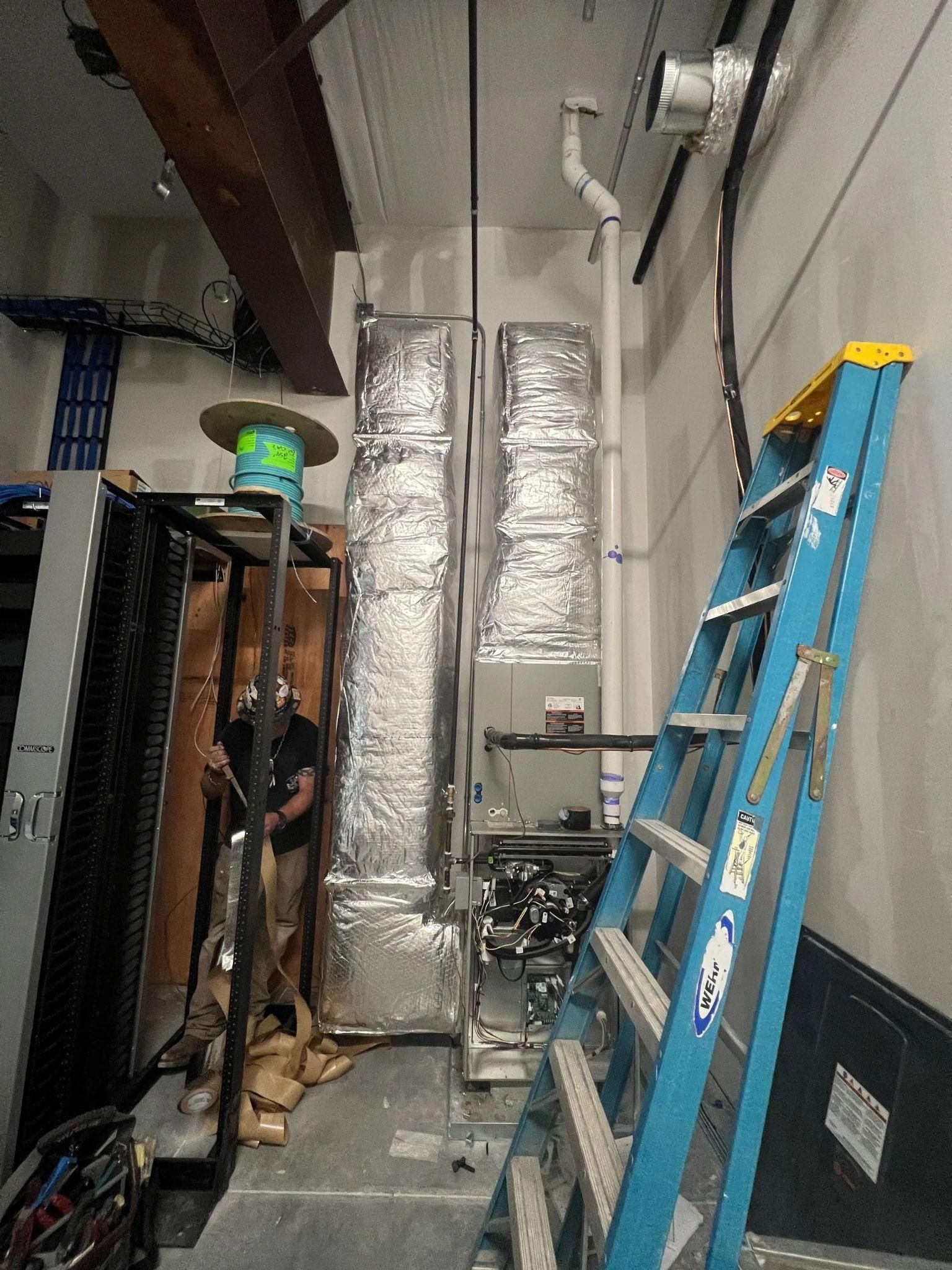
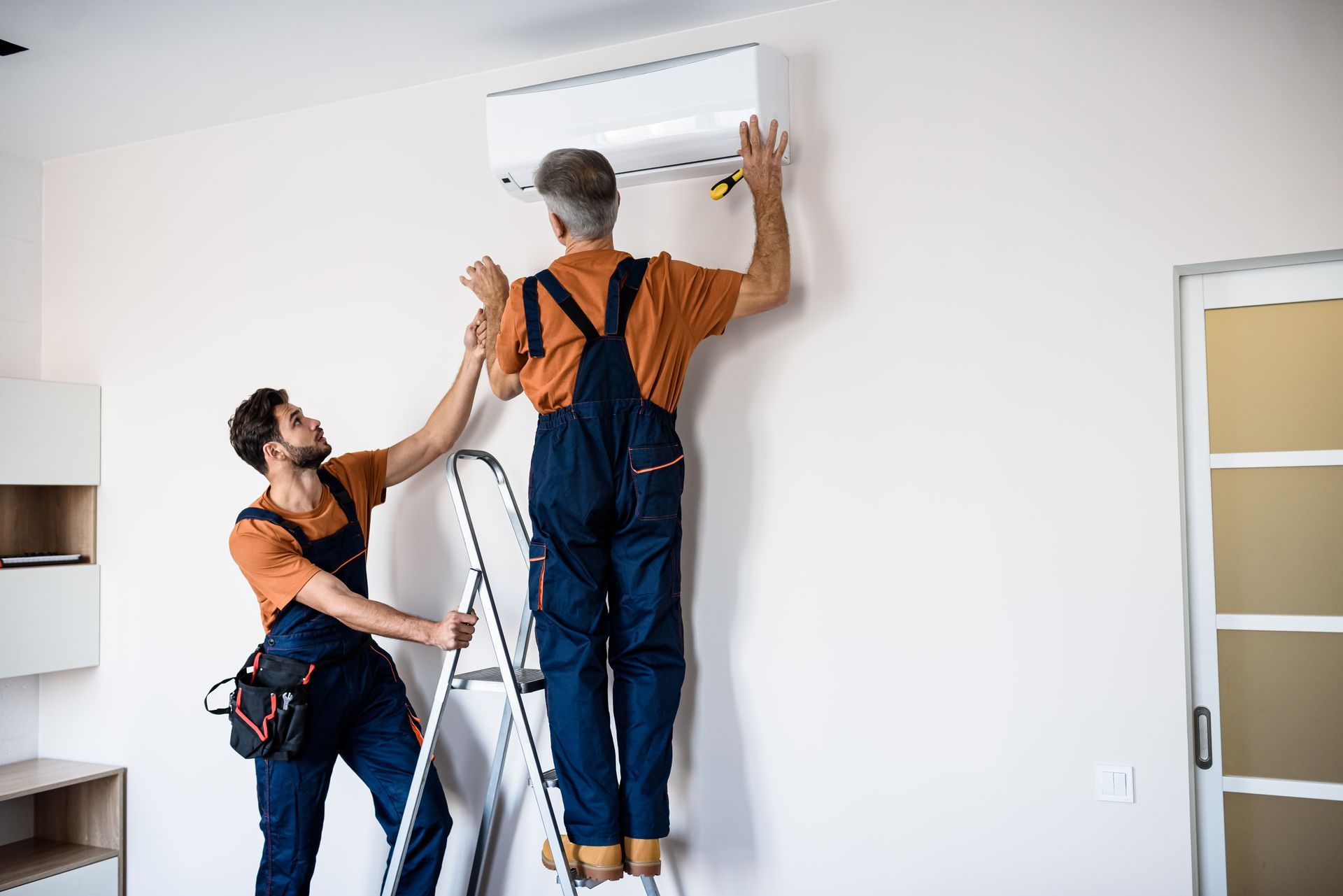
Service Areas
- Greer, SC
- Greenville, SC
- Anderson, SC
- Piedmont, SC
- Seneca, SC
- Iva, SC
- Belton, SC
- Greenwood, SC
- Abbeville, SC
Arrow Renovations & Refrigeration | Designed and Built by Quantum Hawk
